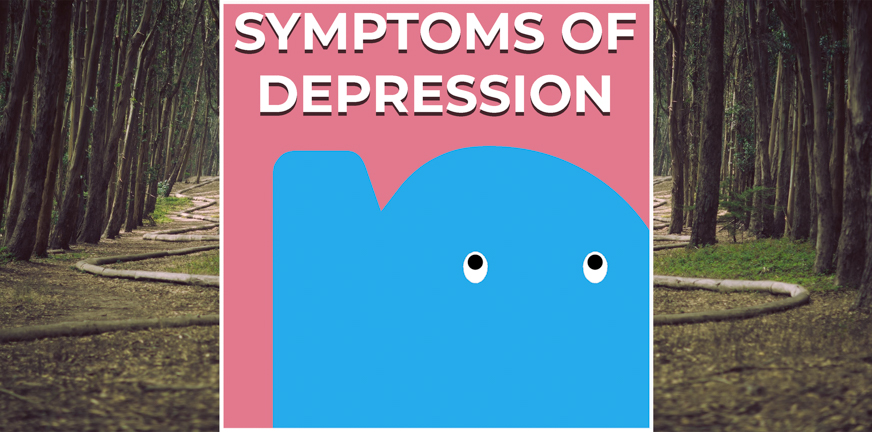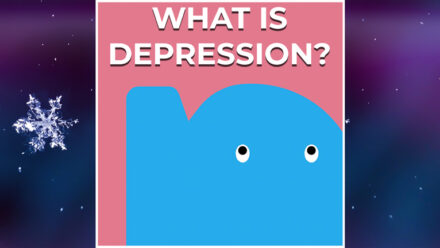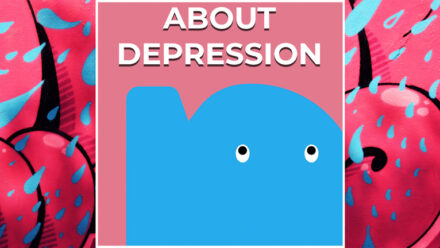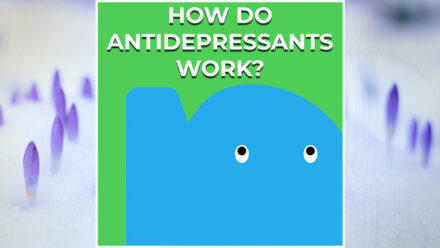
Depressive complaints are not always easy to recognise. What looks like a depression, can also be caused by other problems, such as mental stress because of relationship problems or issues at work or school.
Moreover, depressive complaints often come with risks of addiction, psychosis vulnerability, and anxiety issues. Depression can also be a part of a bipolar mood disorder, with depressive episodes followed by manic periods.
Common depressive symptoms
- Seeing no hope for the future
- Thoughts about death
- Being irritable
- All kinds of physical symptoms
- Fear
- Restlessness
- Overthinking
- Trouble sleeping
- Less appetite
- Reduced sex drive
- Generally acting more slowly
- Trouble with memory and functioning
Any person shows their own combination of symptoms, so the actual depression strongly varies from person to person. However, sadness and/or loss of interest are nearly almost part of the mix.
It is also important to understand that not all depressive complaints are always a sign of mental illness. Feeling sad could also be a sign that your actual life might need some changes.
Mental suffering is complex, because many factors play a part: depression, anxiety, psychosis, addiction and mania. To find out if you need professional help. Our advice is to talk about it with people you trust. For example: people you know who have also gone through a depressive period.
These actions are important for recovery:
- Think and talk with others: Is this is a normal reaction to a stressful situation (a stressor) that must be improved (for example, trouble at work or in your relationship), or is something else going on?
- Have a daily structure: Get up on time, go outside every day, eat healthily, go to bed on time.
- Be active: Work out or exercise every day, keep working.
- When you can: practise self-help. You could talk to people you trust, or of whom you know that they went through similar experiences. Or try, for example, a mindfulness course.
- Whatever you do: stay in contact with other people.
Where to find help?
Your general practitioner or care assistant can point you towards help. When the depression is serious or won’t go away, you can talk to a psychologist (psychotherapy), or perhaps medication might help.




